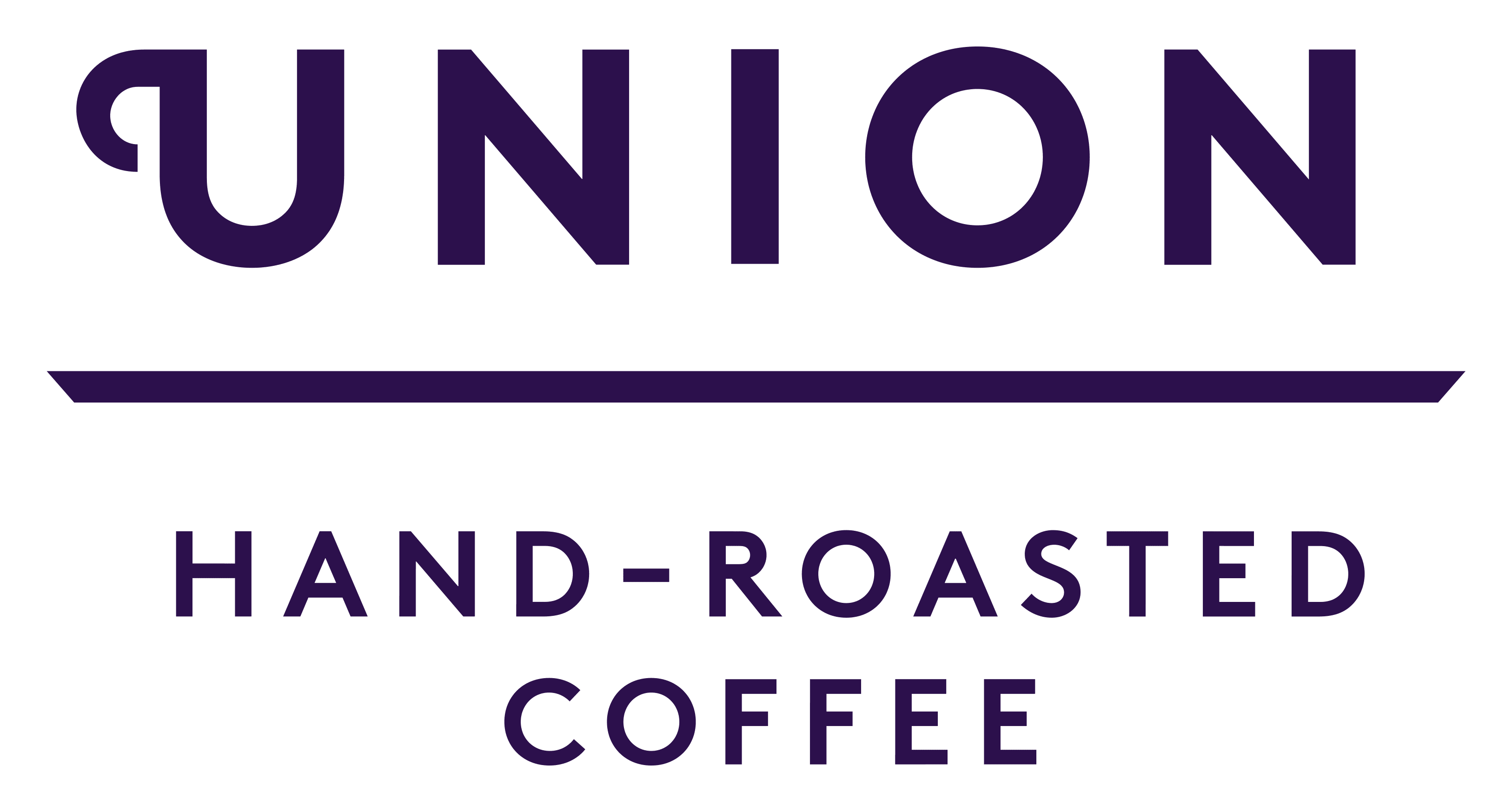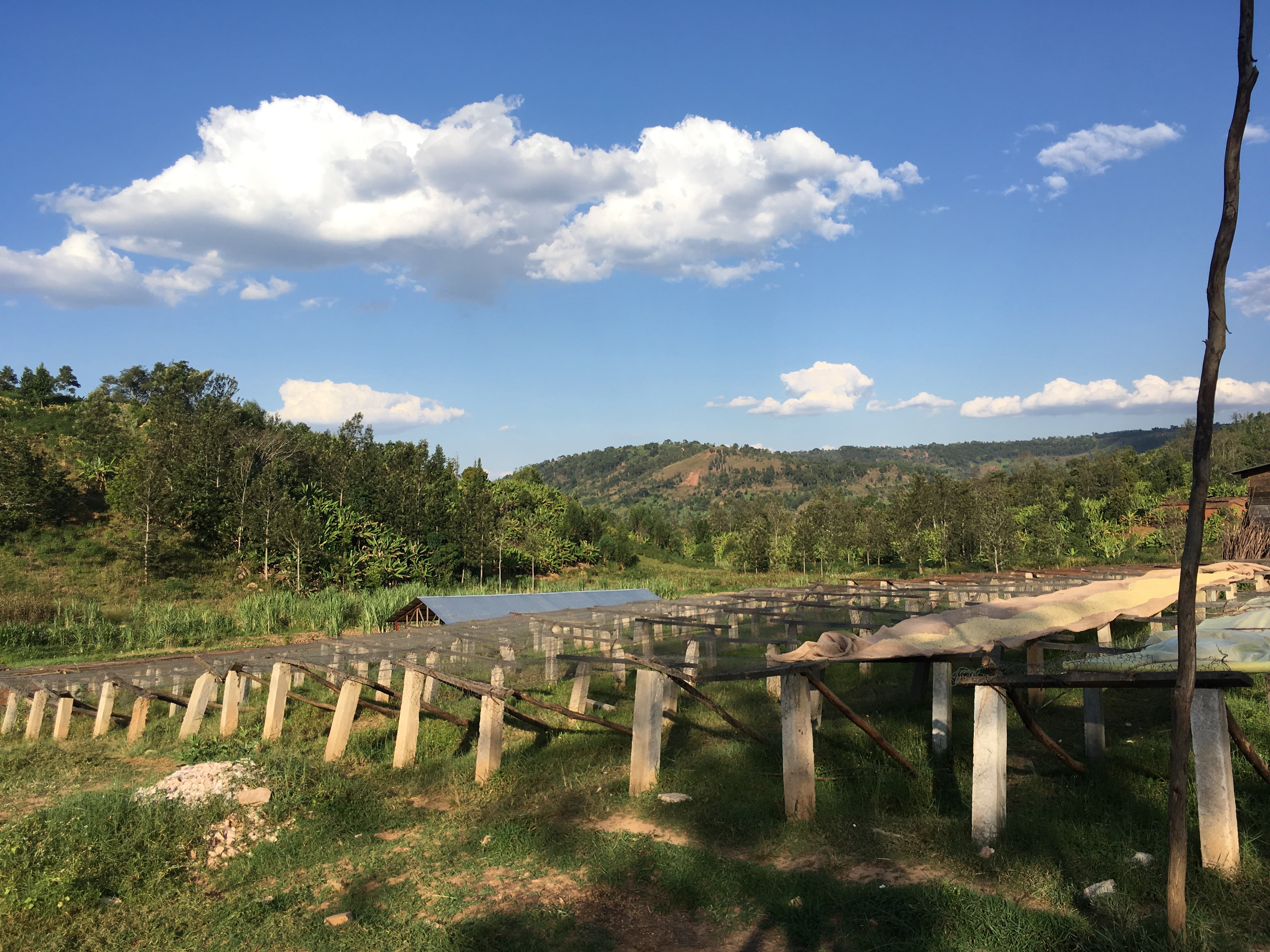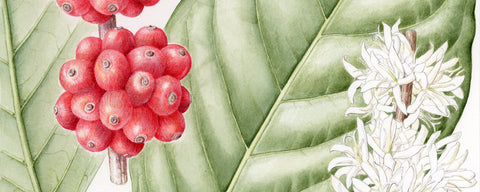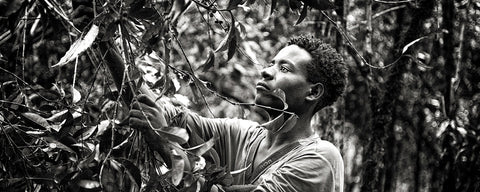We've been talking about microlots a lot recently. Why? Because we've been very lucky to work closely with a number of farms who have produced some extra special lots for us this year. With all this talk, you might be wondering - what is a microlot? How do we select them? Let us break it down for you!
Firstly, what is a microlot?
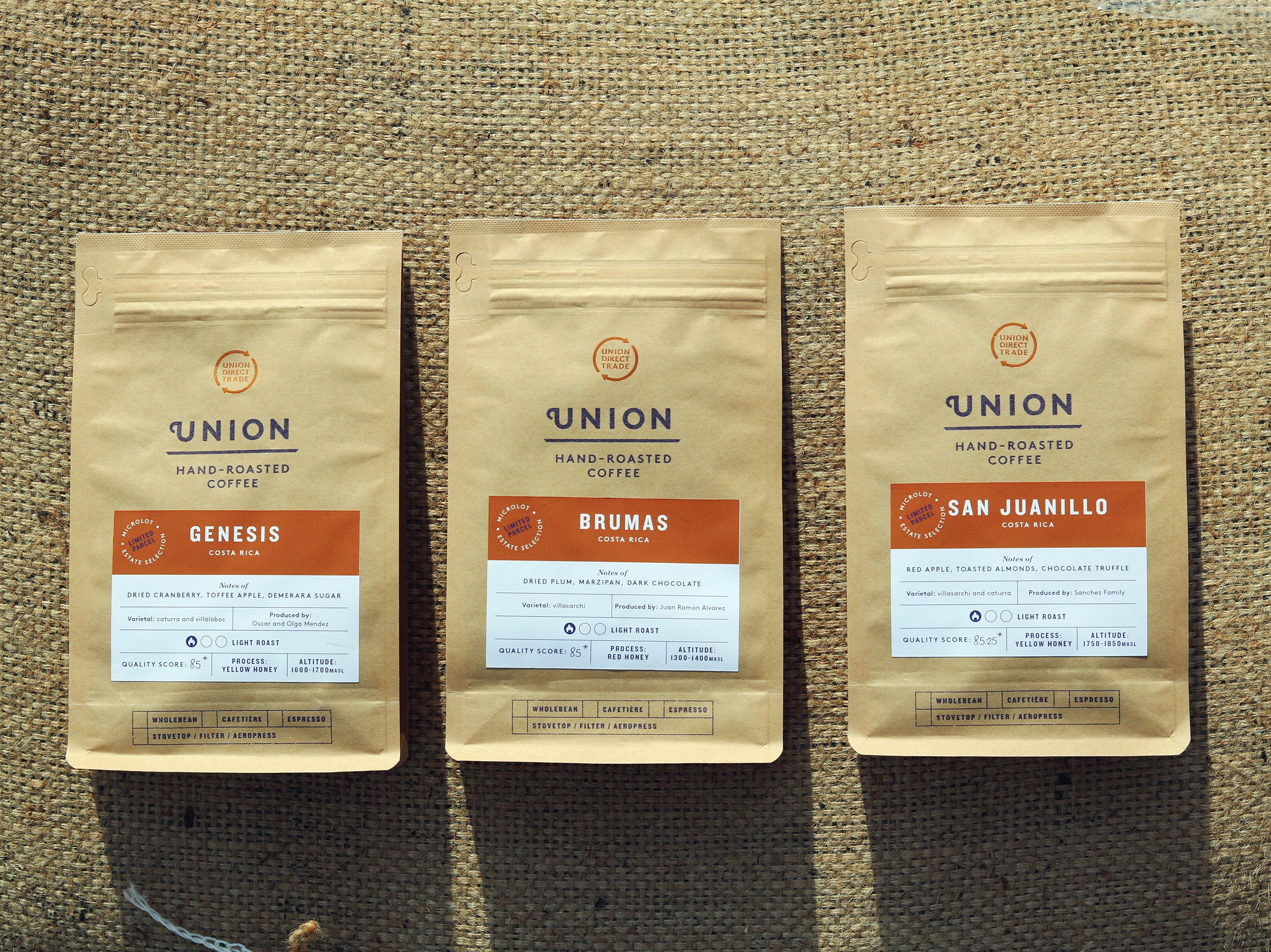 Microlots are special lots of coffee, selected for their high quality and unique flavour profiles. You will usually find microlots within larger farms or estates, grown in limited quantities and picked and processed entirely separately to the rest of the farm’s lots.
Microlots are special lots of coffee, selected for their high quality and unique flavour profiles. You will usually find microlots within larger farms or estates, grown in limited quantities and picked and processed entirely separately to the rest of the farm’s lots.
Imagine a farm which is divided into several plots. Each of these plots can vary from one another due to a number of reasons. It could be a difference in coffee varietal, shade trees or how much sunlight different parts of the farm receives. It could even be down to different altitudes within the farm or which direction the plot faces. The right combination of these will lead to unique flavours in the coffee, different from the standard taste profile of the coffee found in that area. The kind of coffee worthy of putting in the spotlight!
Once a special lot has been identified, this can be set aside as a microlot to be harvested and processed separately from the rest of the lots. Besides terroir (the natural environment in which a particular coffee is produced, including factors such as the soil, topography, and climate), a farmer can also choose to process a special lot differently from the rest, such a the natural process, or a honey process.
Keeping the microlot coffee separate from larger lots throughout the growing and processing stages poses a challenge on infrastructure and logistics to some farmers. Producing microlots is also more costly.
We work closely with producer partners to ensure that they are growing high-quality coffee and that these practices are sustainable. Through these partnerships and the improvement of practices, we've had some incredible microlots become available through from some of our longstanding producer partners. This includes the Maraba co-operative in Rwanda; Zuria, Wutete and Achibo co-operatives in Yayu, Ethiopia; Bobolink farmers in Brazil and the Esquipulas co-operative in Guatemala.
How do we select microlots?
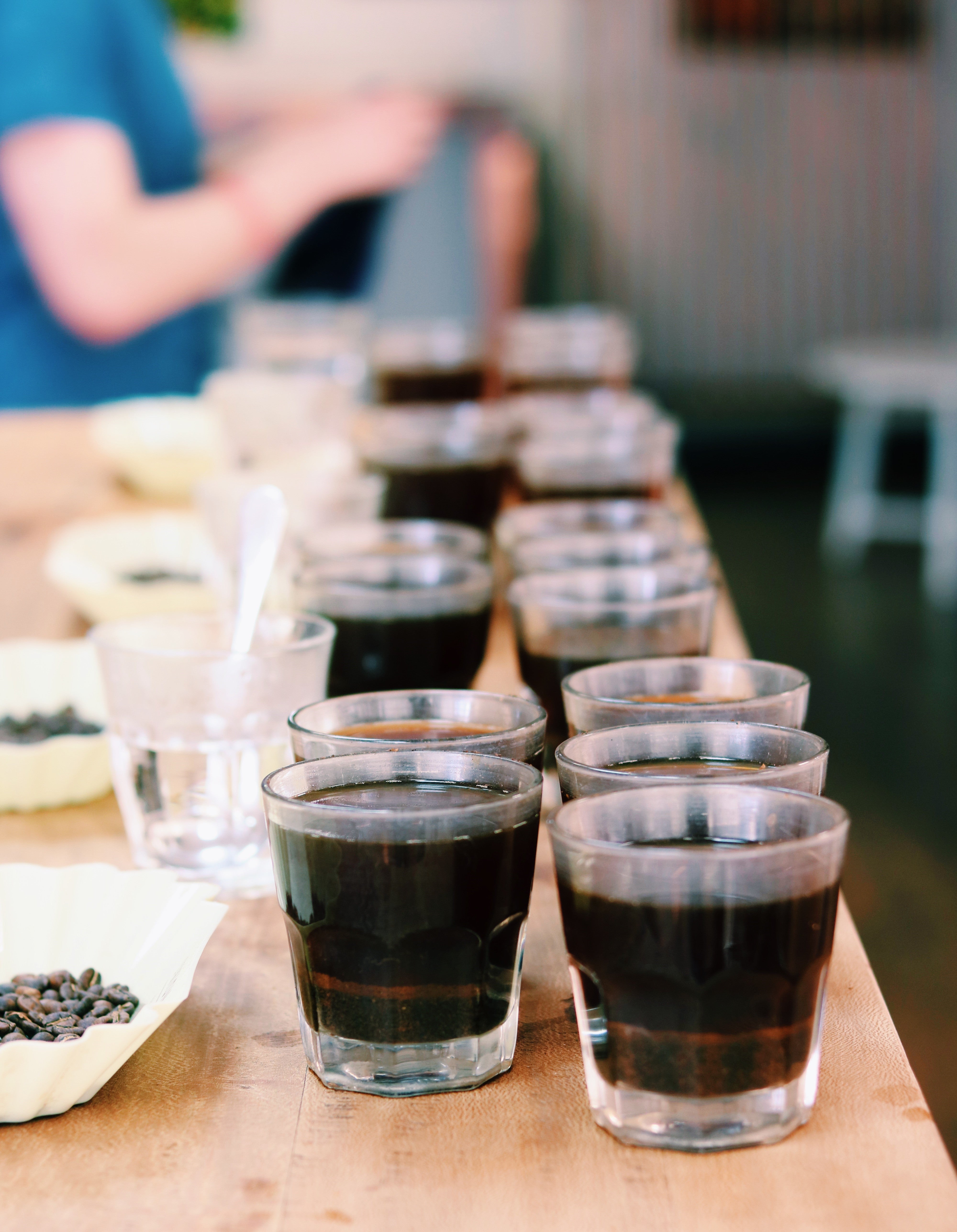
It’s a complex, but fun and illuminating journey. Sourcing microlots requires a lot of cupping different coffee samples - and with Union’s active and longstanding relationships with producer partners, it allows us to select the cream of the crop.
We are always looking for coffee that has an exceptional taste, using the SCA cupping protocol to assess the quality. Aside from that, the features we’re looking for can change depending on what kind of coffee we're after. Something fruity, or a bold coffee with lots of dark chocolate? We may be looking for a coffee that works well for espresso or a natural process coffee that displays something which we haven’t tasted before. Once we’ve made our selection, we create a unique roasting profile for it - ensuring the cup profile is at its best.
We also work directly with co-operatives to give guidance on identifying potential microlots and providing advice on the coffee. COCOCA, a second-level co-operative in Burundi works with various primary co-operatives. Speciality coffee is still in its infancy in Burundi and so sharing knowledge and know-how on the kind of quality that buyers are looking for is essential in empowering producers to be confident about the quality they produce.
Visiting different co-operatives within COCOCA and cupping their lots, we’ve been able to help identify co-operatives and regions with potential for growing microlots. Edita, our Head of Quality, also provides support from our Quality Lab by providing feedback on the profile as well as the final quality score. This allows the co-operatives to identify areas of focus for further quality improvement.
Finally, why do we get so excited about microlots?
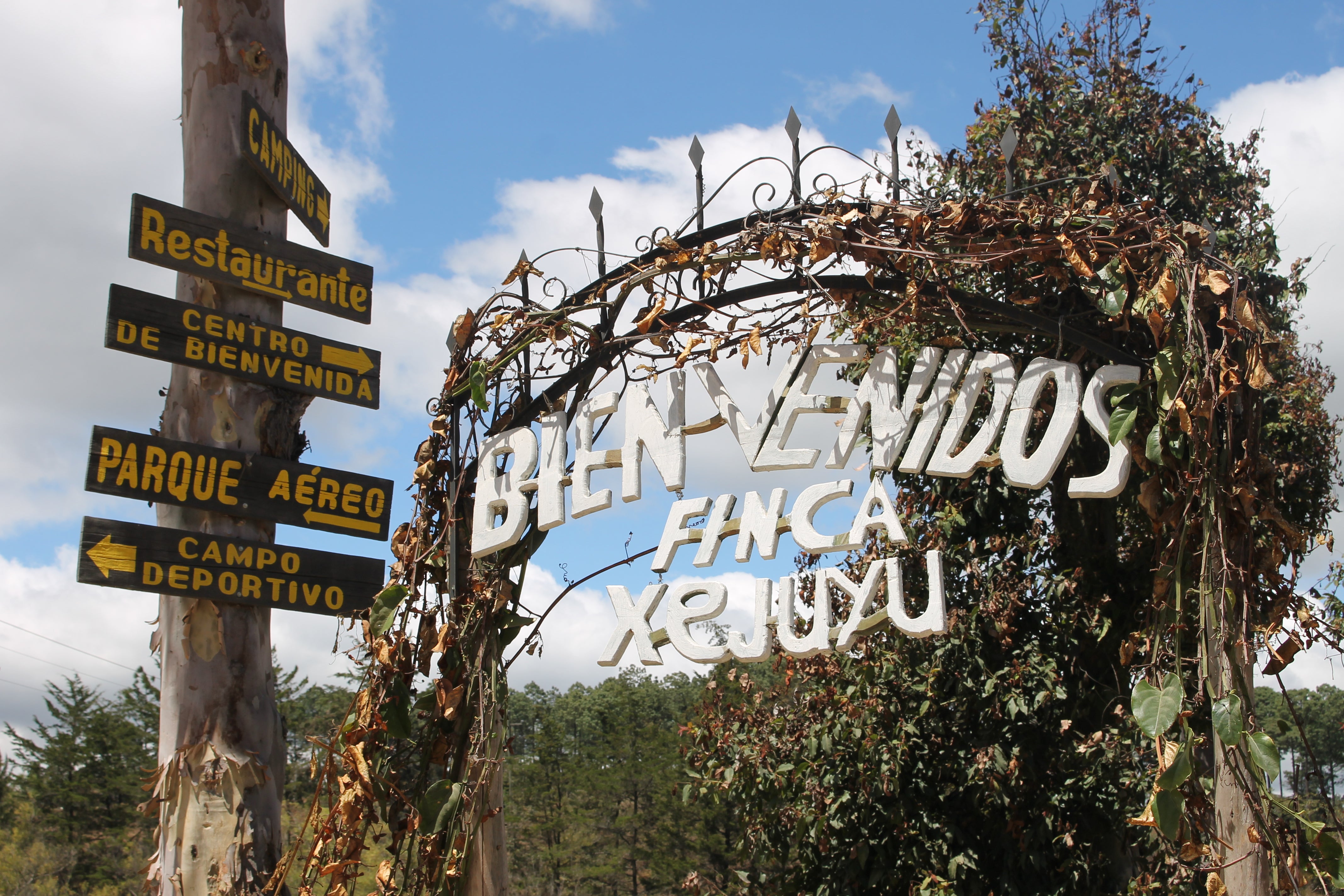
In short: microlot coffee - we love it! See our full range and read their stories here.
Written by Helena Brown, Social Media Executive
November 2019
